At 33, I feel like I'm standing at the edge of the fertility cliff
Fertility FOMO and the truth about getting pregnant after 35
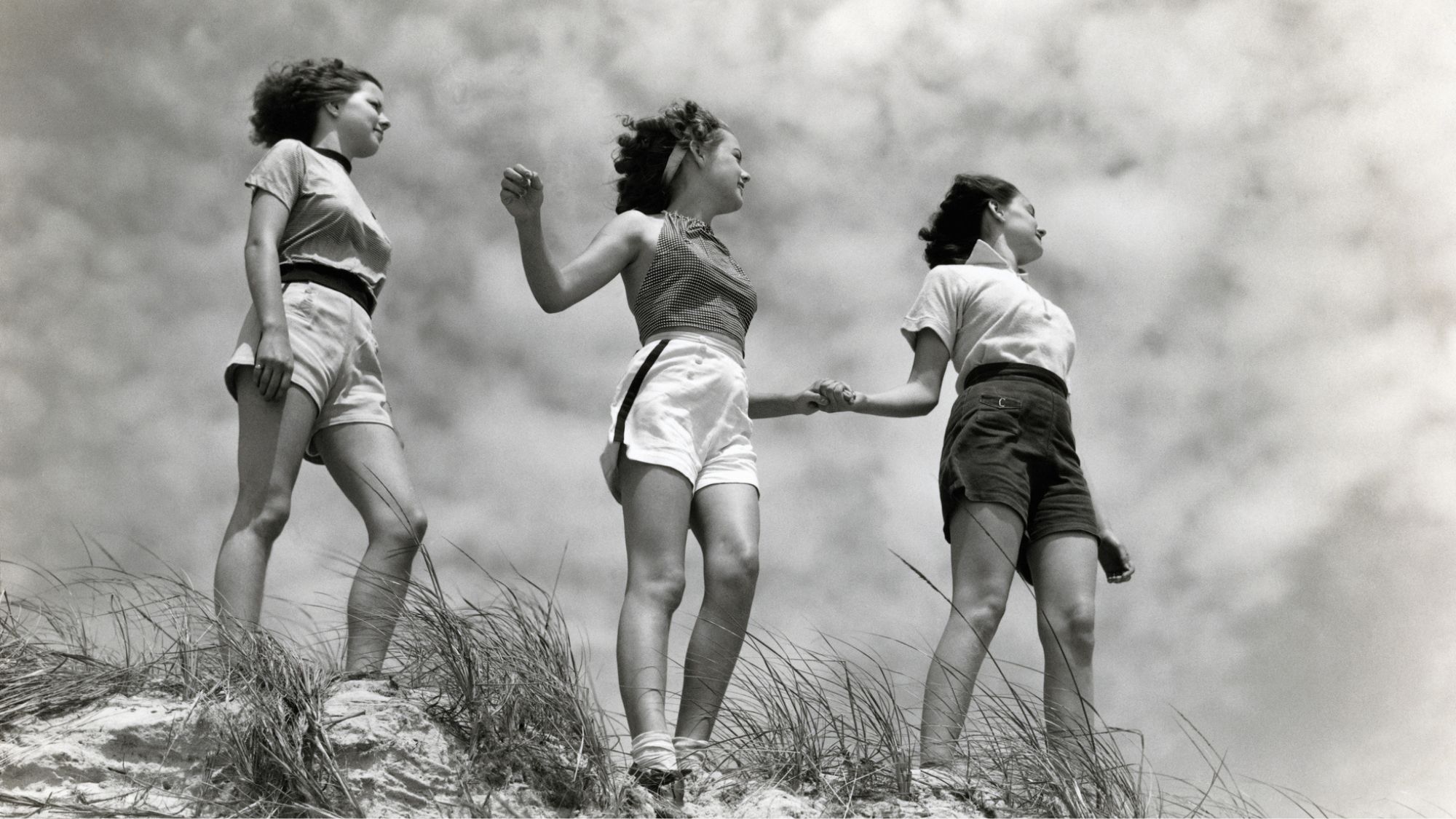

I recently wrote about being unsure whether or not I want children, and while that’s still the case (God, give me a sign), there was another equally strong feeling that silently ran throughout that story, one I didn’t have the word count to explore. I also wasn’t sure if I wanted to go there.
The there I am referring to is the fertility cliff, the edge that feels like it’s crumbling underfoot. While I’ve always had a hang-up about ageing, my ideas around turning 35 were mainly informed by Sex and The City or, more specifically, Samantha’s rallying cry: “You’ve got to grab 35 by the balls and say, “Hey, World, I’m 35!”” Now, the terms whirring through my mind are “geriatric mother” and “advanced maternal age” - not exactly the call to arms I’d once held close, but they certainly drive home a point.
@nademskaya ♬ оригінальний звук - Лена Дрогаль
Ten years ago, The Washington Post published an article reassuringly titled “No, women’s fertility doesn’t ‘drop off a cliff’ at 35” - they ought to have done; their 1978 article “The Clock Is Ticking For The Career Woman” is credited with making ‘biological clocks’ mainstream. Naturally, it was a male author—Richard Cohen—who coined the phrase. Media history aside, my point is that a full decade ago, the Post attempted to right their wrongs and put the whole sorry story of the fertility cliff to rest, yet the myth pervades.
“Women’s health issues are often under-discussed and underreported due to a combination of historical and societal norms,” explains Karolina Löfqvist, Founder and CEO of Hormona. Years of women being blocked from clinical trials (stemming from the Thalidomide scandals), a perception of female hormones as naturally “messy”, and a lack of gender-based data in medical research (predictably, white, heterosexual males are predominantly assumed to be the standard norm for test subjects) have all led to universal misdiagnosis and misunderstanding of women’s health. Depressingly, only 2% of global medical funding goes towards researching women’s health.
The good news is we now have better access to healthcare, resources, and fertility testing, meaning that, as Löfqvist explains; our levels of health are significantly higher, and age is now a less influential factor in fertility levels. “There is no doubt that our ability to conceive declines as we get older, but it is still possible for those above 35 to conceive naturally or with medical assistance, assures Löfqvist.
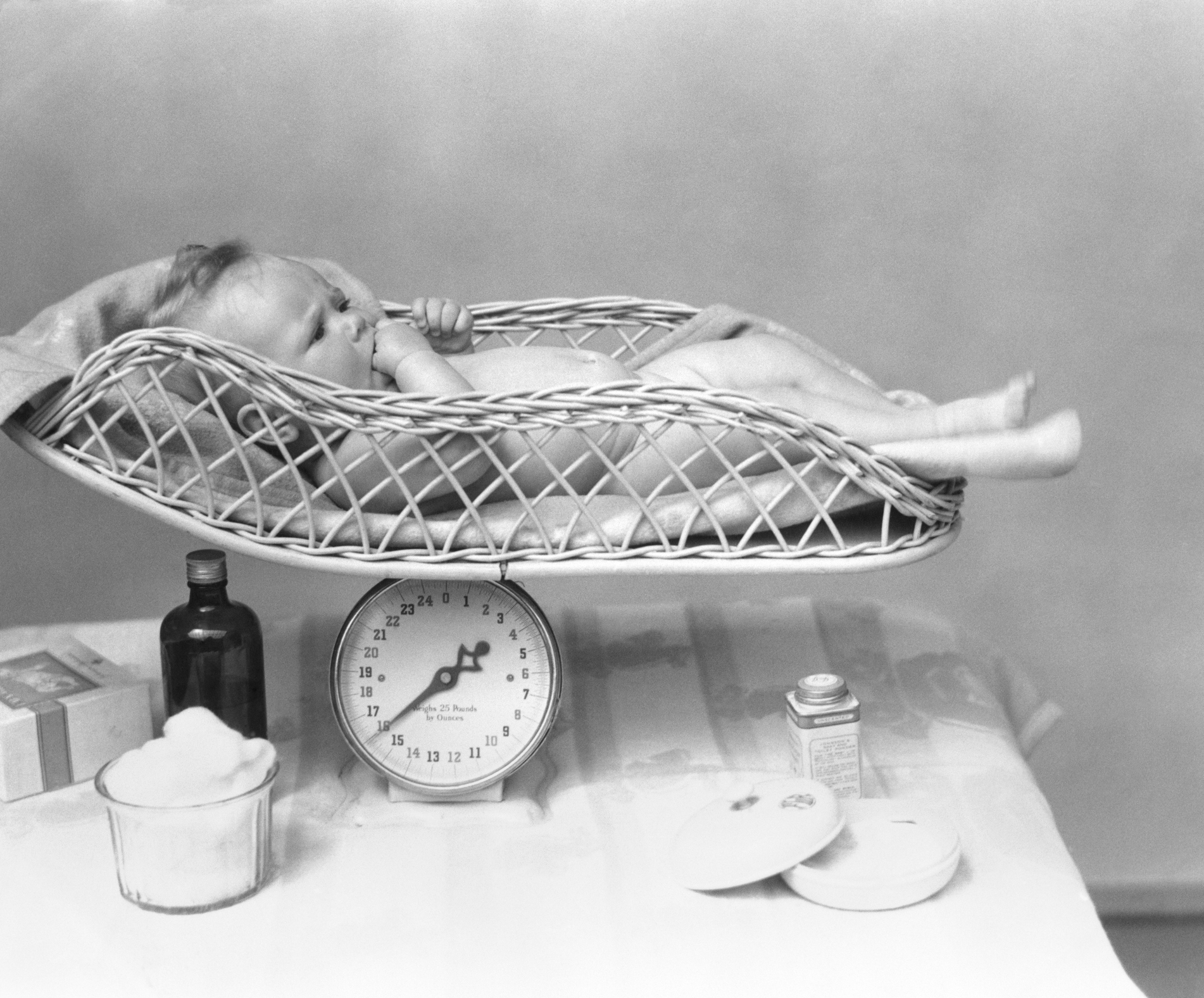
According to the Office for National Statistics, the age at which both women and men have children has reached new highs (age 30.9 for women and 33.7 for men). Like record numbers of women my age, I entered my thirties in rented accommodation (technically, I turned 30 living with my mum, having barely made a dent in my student loan debt. I was also still scrabbling to land a full-time job in journalism - a notoriously tough industry to break into even before the media crisis. Now that I’m here, I feel resentful that instead of enjoying the fruits of my labour, I feel pressured to think about the fruits of my loins.
Like “geriatric mother”, another term being bandied around is “delayed adulthood.” The term explains how mid-Millennials like me have been held back by circumstances (like graduating into a recession). Decades of wage stagnation, increased debt and declining government support, plummeting home ownership levels, and the soaring cost of actually having a child (£166,000 for a couple and £220,000 for a lone parent) make parenthood feel like yet another unrealistic aim.
Marie Claire Newsletter
Celebrity news, beauty, fashion advice, and fascinating features, delivered straight to your inbox!
While I welcome the recognition, I find “delayed adulthood” offensive. Looking around, I don’t see a generation of avocado-eating Peter Pans; I see young people (I refuse to relinquish my youth status here) battling mounting debt with less and less support. We’re no less adults because circumstances have denied many of us home ownership and other traditional markers of ‘growing up’.
To me, the idea of “delayed adulthood” is as problematic as the 1980s’ concept of career women being ‘too selfish’ to have kids. “The pressure and demands on women in modern society has had a considerable effect on fertility,” says Dr Vikram Murthy, a Harley Street Dr and co-founder of Murthy Health. I would argue that the pressures of modern life also have a considerable effect on whether women want to have children—or can afford to—and that decision isn’t made easier by mounting pressure about so-called fertility cliffs.
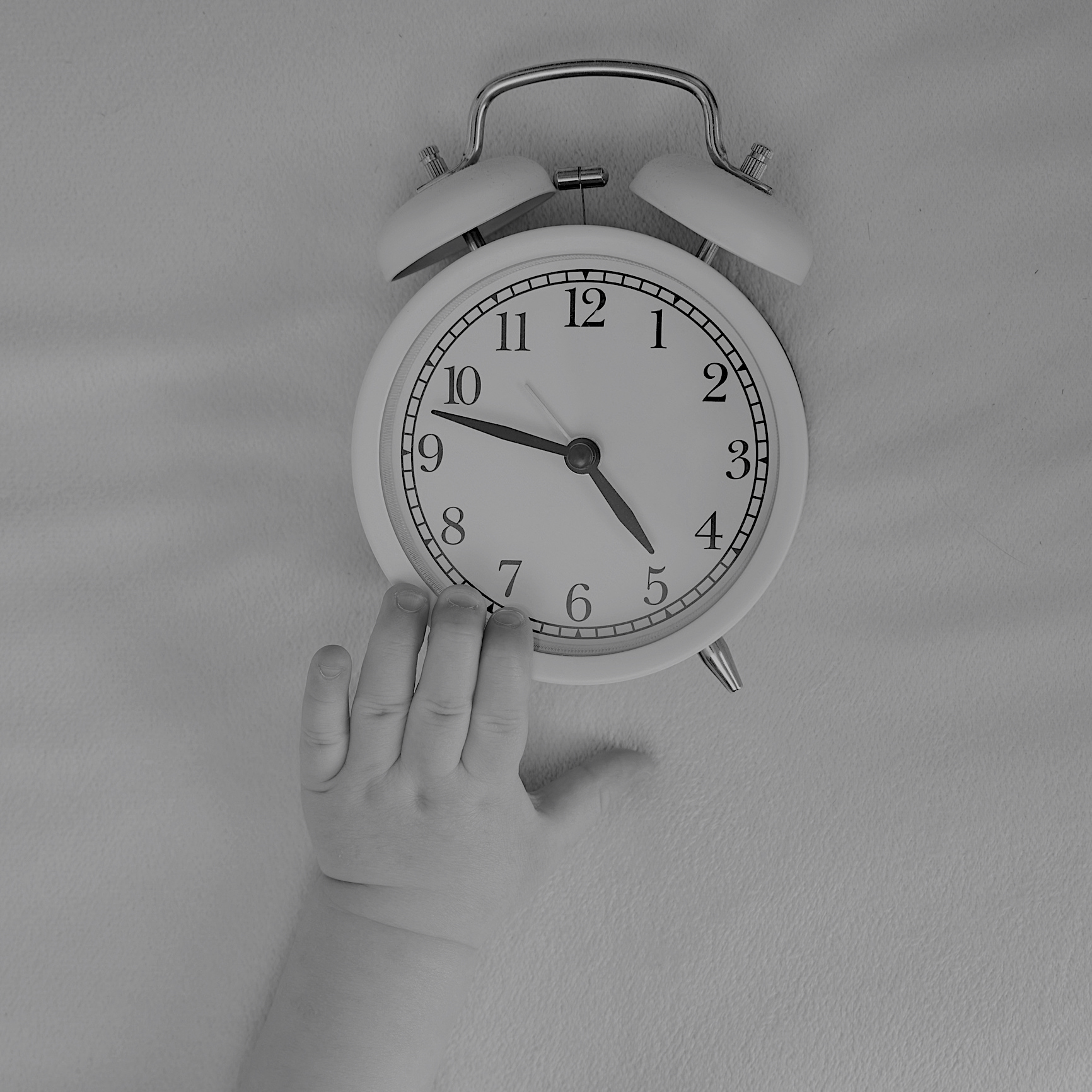
“The cliff sounds very drastic, doesn’t it?” asks Sandy Christiansen, an embryologist and fertility coach. We know that fertility declines with age, but fertility is individual, she says, adding that there’s a lack of education about fertility. “Hormones and fertility are complicated to navigate, but with sexual education in schools tending to focus on sex itself and the menstrual cycle, we simply aren’t taught enough about other crucial areas of female health,” agrees Löfqvist.
When I wrote about being unsure if I wanted to be a mother, one of the most common responses I got from women was that they, too, were unsure and also didn’t want to spend hours agonising over a decision that might not be theirs to make. “I think the difficulty is there’s no true indicator of your fertility,” explains Christiansen. She says a lot of people are pushing AMH tests, but AMH is an ovarian reserve test that was developed solely to predict how you might respond to a hormone stimulation for IVF for egg freezing - “It’s not an indicator of your actual current fertility”. Christiansen tells me that people are doing these tests to find out how much time they have, but the tests are just a quick insight into what your fertility might be right now. Your ovarian reserve in no way predicts what your fertility is going to be like in three to five years.
Christiansen wants women to know that fertility is individual, so there’s no exact “expiration date”- another grim term that’s been doing the rounds. “In my view, and based on current scientific evidence, the notion of an “expiration date” for fertility is a complete myth,” argues Dr Amit Shah, a gynaecologist and co-founder of Fertility Plus. He thinks that “the fertility cliff is “somewhat of an over-exaggerated concept”. Instead, he recommends looking at things this way - fertility generally begins to decline gradually from around 30 (yikes) and continues to decrease as you get older. Shah says this decline is primarily due to the diminishing quantity of eggs and an increase in DNA damage associated with age. Basically, it's more of a gradual decline over time rather than a sharp drop-off. “Every woman’s fertility journey is unique, and there’s no one-size-fits-all timeline or expiration date,” insists Shah.
Every woman’s fertility journey is unique, and there’s no one-size-fits-all timeline or expiration date.
Amit Shah, leading gynaecologist & co-founder of Fertility Plus
“There is no doubt that our ability to conceive declines as we get older, but it is still possible for those who are above 35 to conceive naturally or with medical assistance,” adds Löfqvist. She wants to debunk the myth that middle-aged women are infertile. Many of us are taught that the younger the woman is, the more fertile they will be, which has led to some harmful stereotypes that women should all be having babies as early as we can, she says, adding, “This is not the case!” While it is true that our fertility decreases as we age, it doesn’t mean that every woman in their 20s can fall pregnant easily, nor does it mean women in their 40s will never be able to conceive, explains Löfqvist. A lot of these numbers are based on national averages, so Löfqvist recommends focusing on making informed decisions and plans rather than “rushing into having a baby based on age”.
That’s easier said than done. As Christiansen, who worked for the NHS tells me, “If you have zero symptoms and no concerns about your fertility and you’re just curious, then there’s no free service for that.” So often, women are expected to make an informed decision without much information. “It’s a hard thing to try to make an informed decision when you don’t know a lot about it,” agrees Christiansen. In my own life, I've seen friends underestimate their mid-30s fertility, taking an “If it happens, it happens” approach, only to find, it happened too quickly. Shah would like to see better education around fertility, which he says is crucial for making the most informed and empowered decisions when it comes to family planning.
“We have a lot of questions, but not many answers,” adds Tess Cosad, founder of Béa Fertility, a clinical-grade at-home fertility treatment. She wants women to know that there is more than one way to start – and be – a family and that you can still get pregnant after 35.
Despite getting the sense that I have more time than I was worried about, I can’t help feeling that I’m still running out of it. My so-called selfish years—that stretch of time from late teenhood to early twenties when you’re free of responsibility—started later than most, and I’m resentful at the thought of cutting them shorter still. Maybe, if, like Christiansen suggests, we had a robust health strategy in place, which meant we understood more about fertility instead of how to not get pregnant, I’d feel more confident in my decision-making. Christiansen says there is a women’s health strategy being implemented by the UK Government, but she’s quick to add that it’ll be the next generation that will benefit. I can’t help feeling that again, my generation has been given short shrift. I sense a new term on the horizon…“Delayed geriatric motherhood”, perhaps?

Mischa Anouk Smith is the News and Features Editor of Marie Claire UK.
From personal essays to purpose-driven stories, reported studies, and interviews with celebrities like Rosie Huntington-Whiteley and designers including Dries Van Noten, Mischa has been featured in publications such as Refinery29, Stylist and Dazed. Her work explores what it means to be a woman today and sits at the intersection of culture and style. In the spirit of eclecticism, she has also written about NFTs, mental health and the rise of AI bands.
-
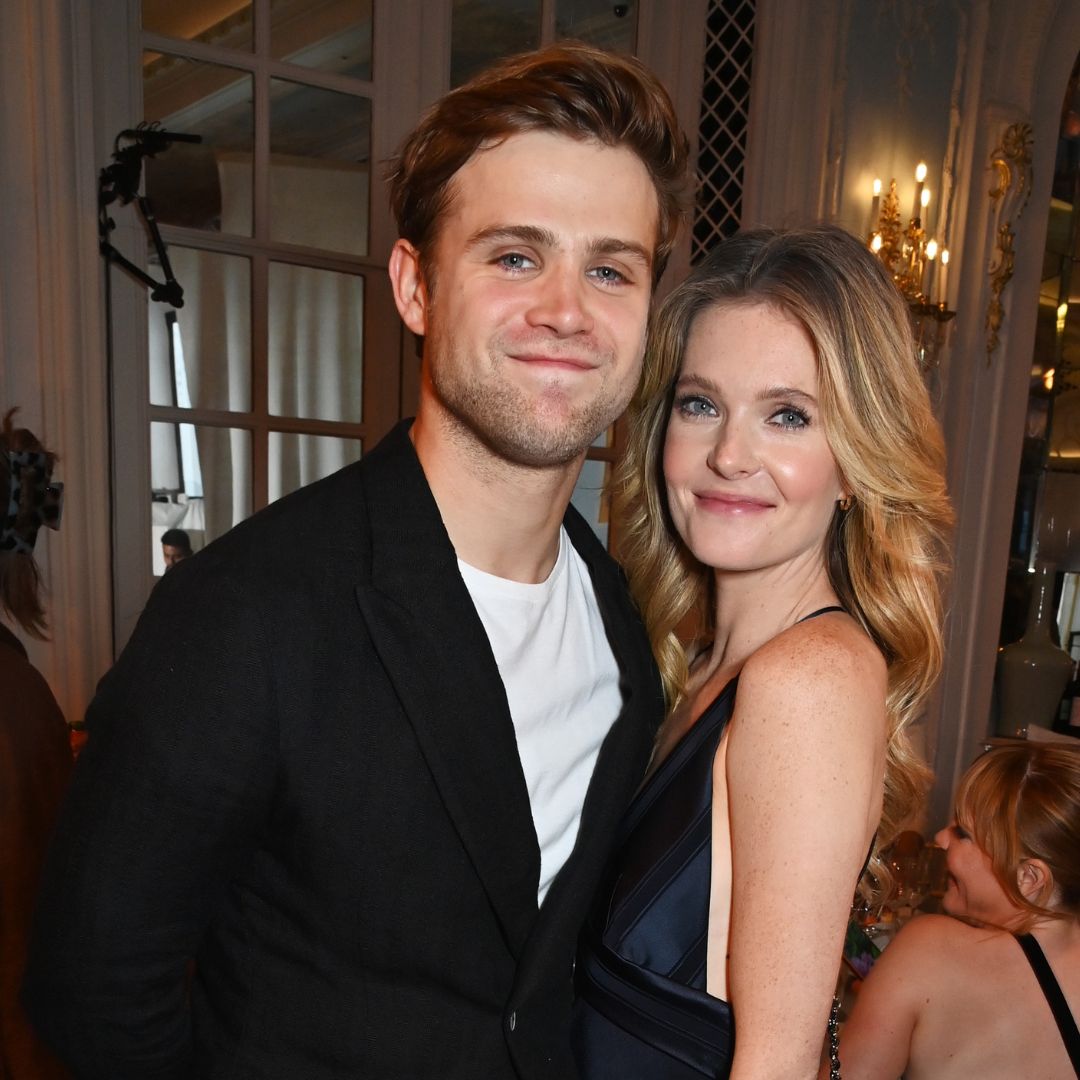 Here's a rundown of The White Lotus cast members who have dated in real life
Here's a rundown of The White Lotus cast members who have dated in real lifeBy Jenny Proudfoot
-
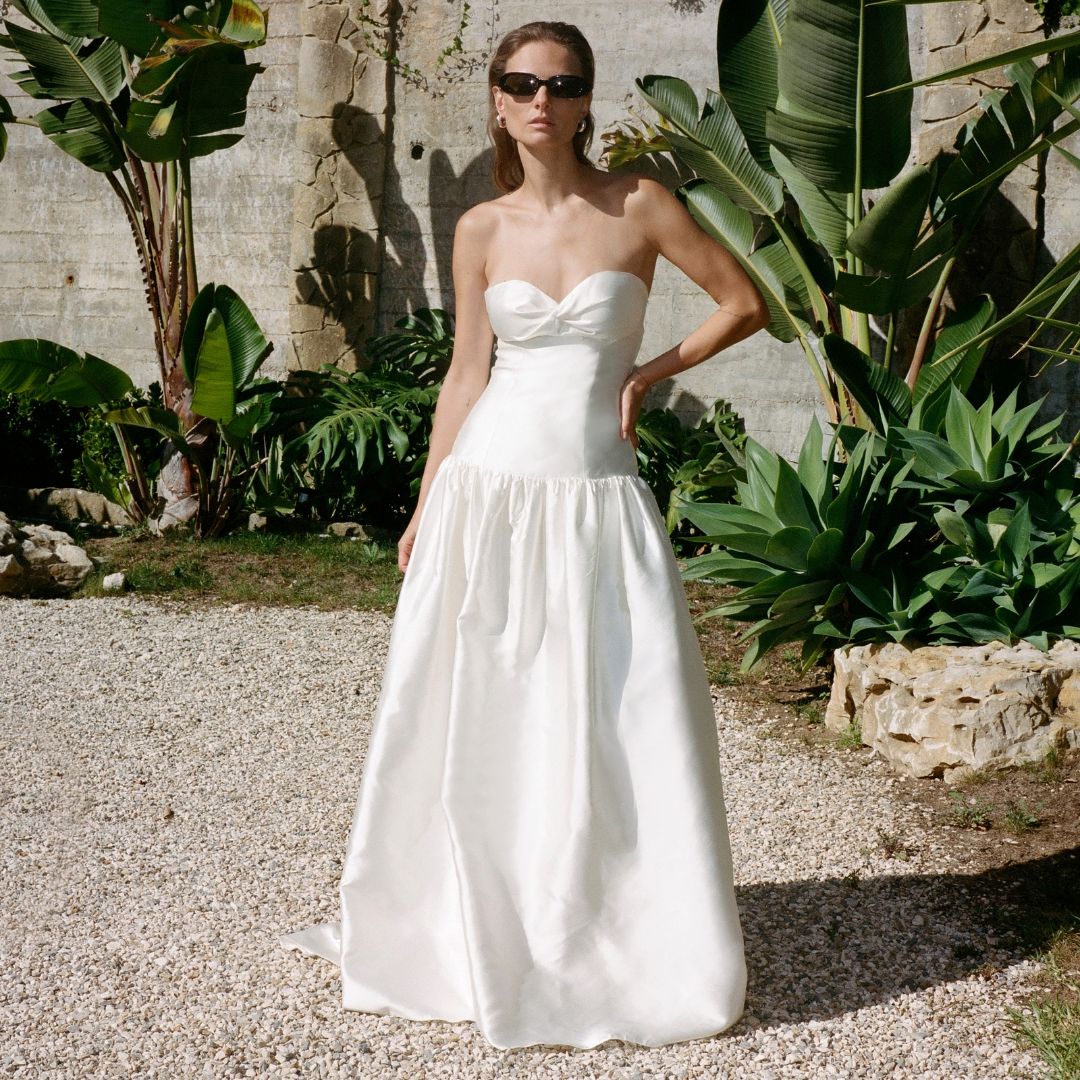 All the coolest brides are wearing drop-waist wedding dresses this year
All the coolest brides are wearing drop-waist wedding dresses this yearWedding Special Minimalist, nostalgic, and universally flattering
By Clementina Jackson
-
 Anya Hindmarch has just launched a fantastical diving shop in central London
Anya Hindmarch has just launched a fantastical diving shop in central LondonFor those who would rather be beside the seaside...
By Sofia Piza